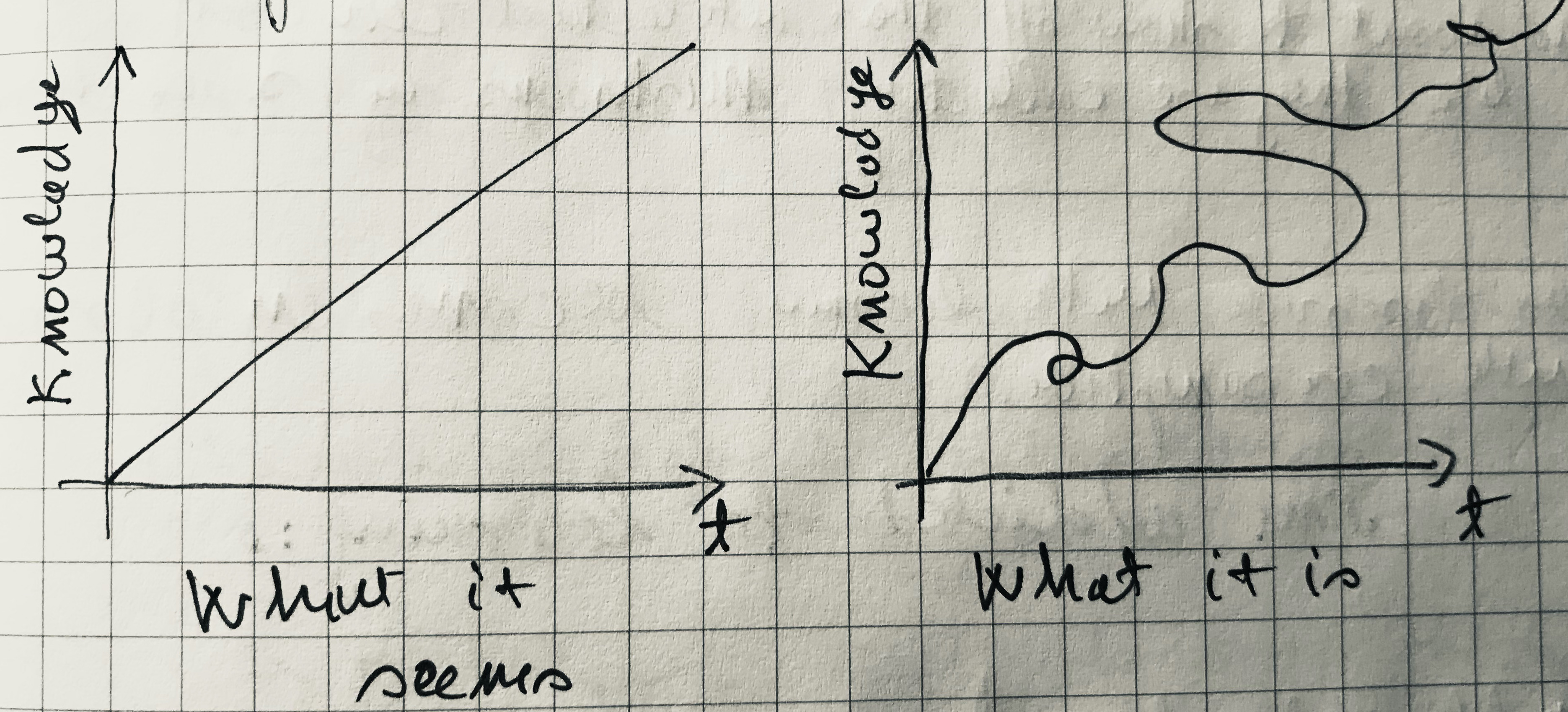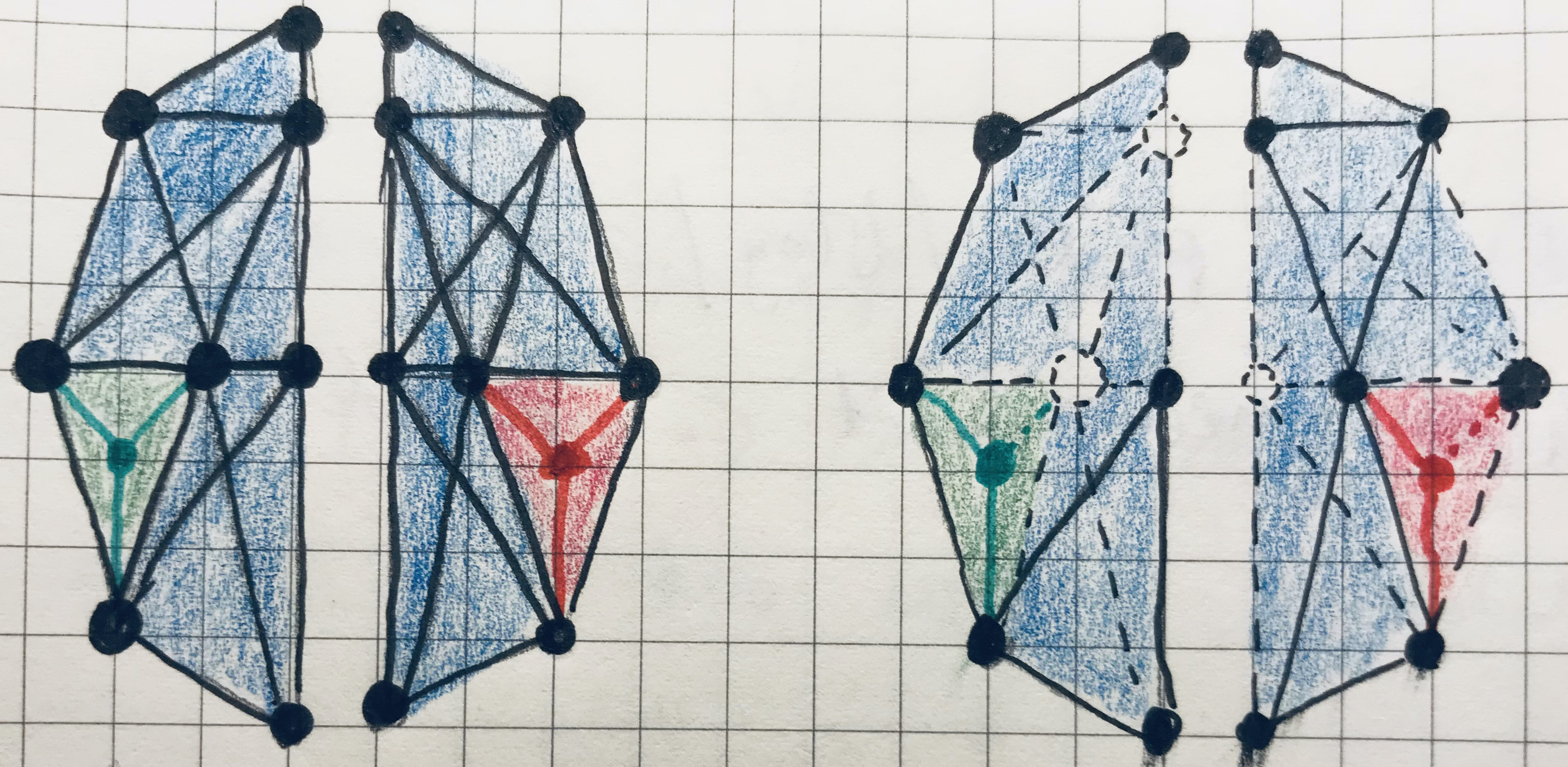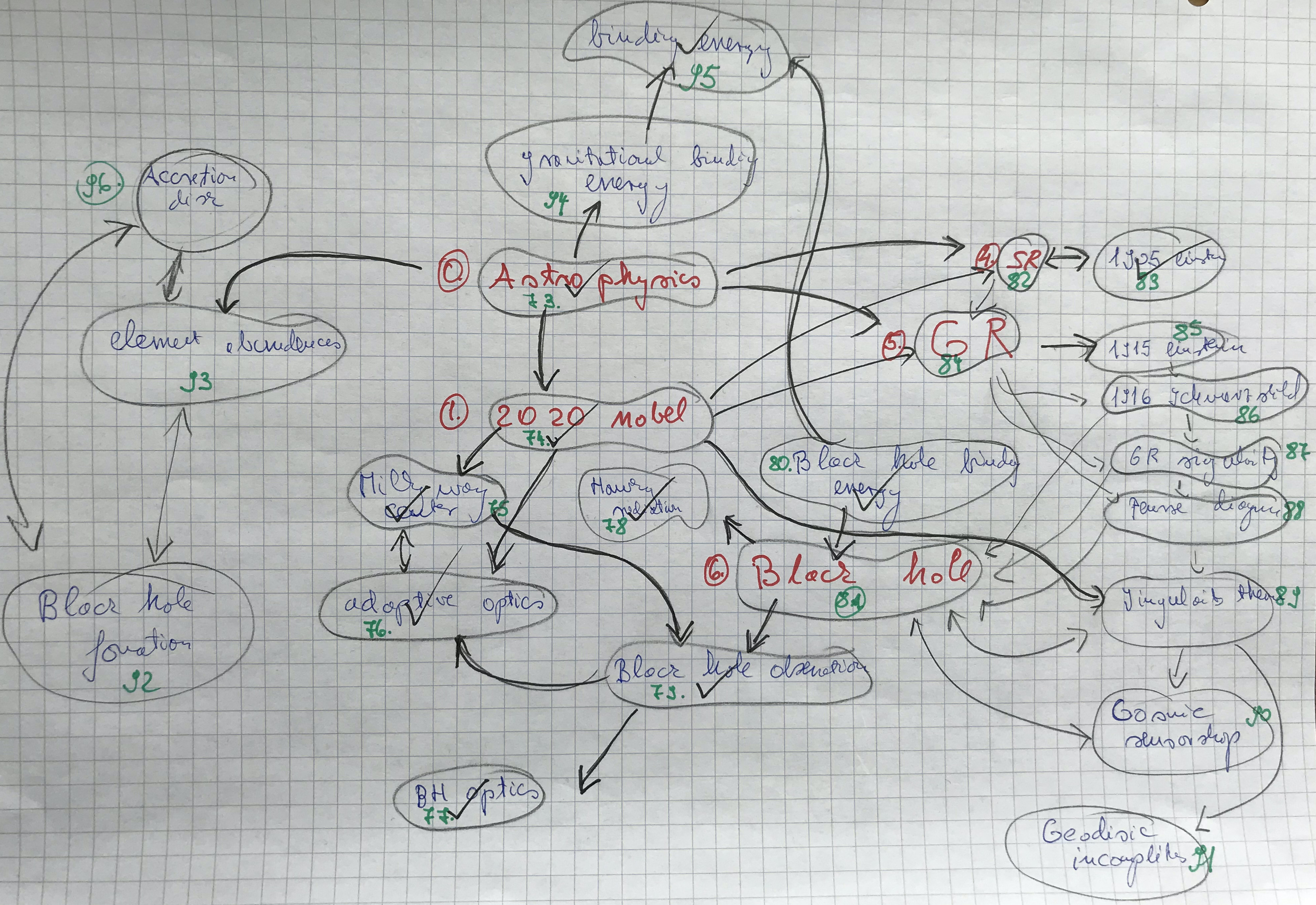♦ 🐆 2 min, 🐌 5 min
Knowledge system
I'm a knowledge worker and most of my time is spent reading, writing and thinking. As a consequence, I'm exposed to many, many new ideas and concepts each day. Some things I forget. Which is fine if concepts were not worth remembering, but often I wish I would remember more. So I created (you guessed it) a system 🙂 well a series of them.If you check out my library, you'll find that my reading interests are all over the place: economy, business, global politics, investment banking, cognitive science, physics, productivity, self-help, software, management, ...Why? I find it "important" to read on topics across the whole board. I was raised around knowledge workers and lived among piles of books (some piles were taller than me). From a very young age, I was thought about the value of knowledge. My dad always told me:Knowledge is the only thing that no one can take from you.As I was acquiring all this knowledge, one of the biggest issues I faced was that obtaining knowledge isn't a linear process but more of a:
Path towards a system
I've been struggling for a while to find a system in which I can "keep" all my knowledge. I came across techniques like:But the available solutions didn't fit my needs. So I decided in 2013 at the end of high school that I'm going to build a custom personal knowledge system. The first step was to learn how to code.Over the years, I tried many things. But I didn't get pretty far until I systematically tackled:Digital & mental clutter
I wrote about digital clutter before post , and I've been dealing with it pretty successfully. The next thing to tackle was mental clutter:- What's on my mind?
- What I'll do today?
- What's distracting me?
- What's today's priority?
- ..
Digital brain
We forget stuff. Our brain is built out of neurons (so they say) and those neurons (solid points) form bits of our knowledge bank:
digital_brain/
00001/
00002/
...
00001 represents a neuron.Neurons
Each neuron is a digital note with few pictures:00001/
img/
README.md
metadata.JSON
README.md contains the text of the neuron and the metadata file is where all information is stored about how the neuron is connected to the rest of the knowledge/ neurons.To find something in the digital_brain, you then simply use the file search of your operating system (as far as I know all operating systems have it: Windows, Linux and Mac OS).Neuron creation
So how do we approach neuron creation? Simple. You get across a new topic, write a note, assign it a number, connect it to the rest of notes, and that's it.For example, recently, I attended a physics seminar where the lecturers explained the concepts behind the 2020 Physics Nobel prize. I learned around 30 new concepts. So I created 30 neurons. Since it was a bit messy to connect them all I made a sketch:
- green numbers represent the neuron number,
- grey paths are connections to be created,
- black ones are the connections that are already created.
Why linear folder structures?
You'll notice thatdigital_brain is built as a linear folder structure. Neurons are not sorted by category or type. I tried solving this problem with folders and mind maps, but it turns out that there will always be a neuron that belongs to two different categories. So now what? Shortcuts? No that's messy.Linear folder structure and search, and that's it. If you're a bit technically talented, you can write a custom search engine:
So how to get started?
Simple. The moment you learn a new concept:Write it down. Add a picture. Write down why it's important to remember this.And that's it.Then once you master the above you sort of completed level-0, then start going deeper and deeper based on your needs. Iteratively build your knowledge bank. Reinforce connections. In a span of few weeks, months, years you'll suddenly be left with a treasure trove of knowledge sorted to your needs that you can use. We'll cover more details of this approach in the upcoming posts.Get notified & read regularly 👇